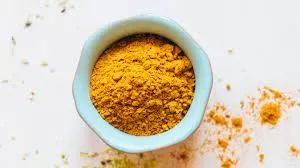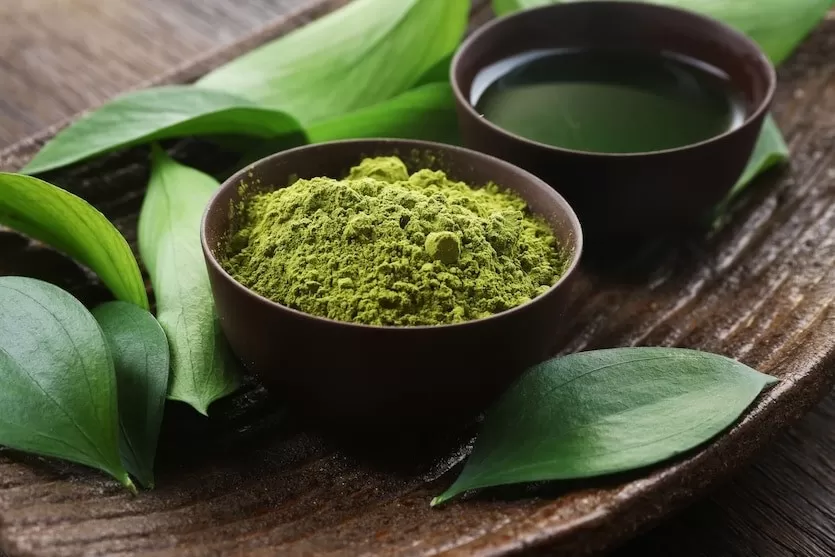- 0086-571-85302990
- sales@greenskybio.com
Ancient Herb Rosemary Emerges as Natural Protector Against Alzheimer’s
2025-06-24
For centuries celebrated in kitchens and gardens for its aromatic qualities, rosemary is now being championed as a potent safeguard for cognitive health. Recent scientific findings suggest that this humble herb may enhance memory, shield the brain, and even combat Alzheimer’s disease. Unlike costly synthetic drugs with variable success rates, rosemary offers a promising, natural alternative—an understanding heralded by ancient scholars and confirmed by modern science.
Research highlights rosemary's active compounds—carnosic acid, rosmarinic acid, and 1,8-cineole—which act as robust antioxidants, reduce inflammation, and protect neurons from toxic proteins associated with dementia. A landmark 2025 study revealed that diAcCA, a stabilized form of carnosic acid, not only improved memory in Alzheimer’s-affected mice but also reduced amyloid plaques and tau tangles, critical markers of the disease. Remarkably, these compounds selectively target the brain's inflamed regions, thereby minimizing potential side effects.
Key Insights:
- Rosemary boosts memory and alleviates anxiety by raising acetylcholine levels and enhancing blood circulation to the brain.
- Carnosic acid, a significant component of rosemary, activates the Nrf2 pathway to protect brain cells from oxidative stress, a primary contributor to Alzheimer’s.
- The diAcCA derivative demonstrates potential in reversing synaptic damage, reducing amyloid plaques, and enhancing cognitive function in preliminary studies.
- Ancient Greeks and Romans revered rosemary for its mental clarity properties, a belief now substantiated by modern neuroscience.
- As a natural remedy, rosemary presents a safe, effective alternative to synthetic drugs, especially when used in culinary or therapeutic doses.
Rosemary’s neuroprotective prowess is attributed to its diverse bioactive compounds. Carnosic acid, prevalent in rosemary and sage, functions as a “pro-electrophilic drug” (PED), activating only in inflamed or stressed brain areas. This specificity strengthens its effectiveness without harming healthy tissue. Carnosic acid also stimulates the Nrf2 pathway, crucial for antioxidant and anti-inflammatory responses, often impaired in Alzheimer’s patients.
Moreover, 1,8-cineole, a monoterpene in rosemary, preserves acetylcholine by inhibiting its breakdown, thus aiding learning and memory retention—an essential function as these neurotransmitters diminish with age. Further, rosmarinic acid reduces neuroinflammation, a key driver of neurodegeneration, while ursolic acid fortifies neuronal resilience.
From Historical Remedy to Contemporary Alzheimer’s Solution:
In ancient times, Greek and Roman scholars prized rosemary for boosting memory, often wearing wreaths of it during exams. Modern research corroborates their insights. A study in Therapeutic Advances in Neurological Disorders noted that inhaling rosemary essential oil enhanced memory performance by up to 75%. Additional research demonstrated that even small dosages of Rosemary extract improved cognitive speed and accuracy in older individuals.
The most compelling findings stem from Alzheimer’s research: 5xFAD transgenic mice treated with diAcCA displayed fewer amyloid plaques, reduced tau tangles, and restored synaptic connections, indicating a reversal of neurodegeneration. Unlike current Alzheimer’s medications that primarily alleviate symptoms, rosemary compounds tackle underlying issues like oxidative stress, inflammation, and protein misfolding.
Extending Benefits Beyond Cognitive Health:
Rosemary’s advantages are comprehensive, extending beyond brain health. With antimicrobial properties, it counters foodborne pathogens while its anti-inflammatory capabilities aid in digestion and skin ailments, such as eczema. Carnosic acid even offers anti-aging skin benefits by mitigating UV damage.
Despite its efficacy, rosemary remains safe. The FDA has classified carnosic acid as "generally recognized as safe" (GRAS), encouraging more clinical trials. Nonetheless, concentrated extracts should be used with caution, especially as high doses could interact with blood thinners or affect pregnancy.
As Alzheimer’s cases are set to escalate—forecasted to hit 132 million globally by 2050—the demand for secure and effective treatments is urgent. While pharmaceutical giants hunt for elusive "miracle drugs," rosemary stands as a proven, accessible solution. By integrating rosemary into daily practices—through cooking, teas, or aromatherapy—individuals may take a substantial step toward preserving cognitive health.
-
Goldenseal: A Historic Herbal Remedy at Risk
2025-06-24















